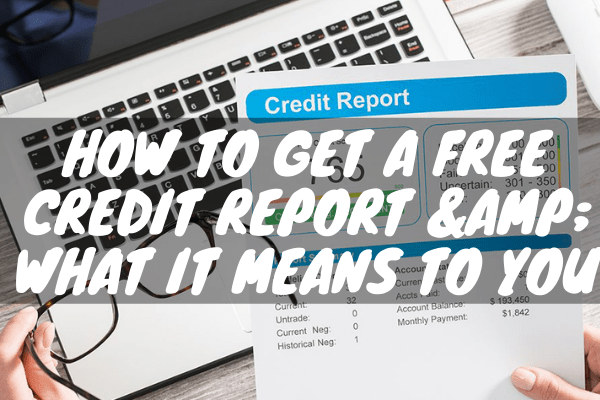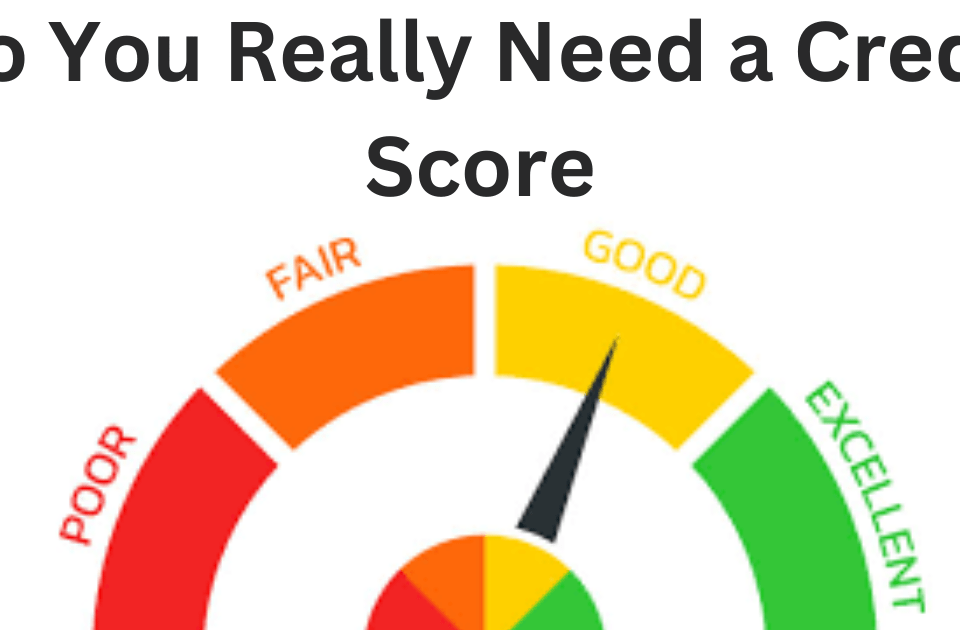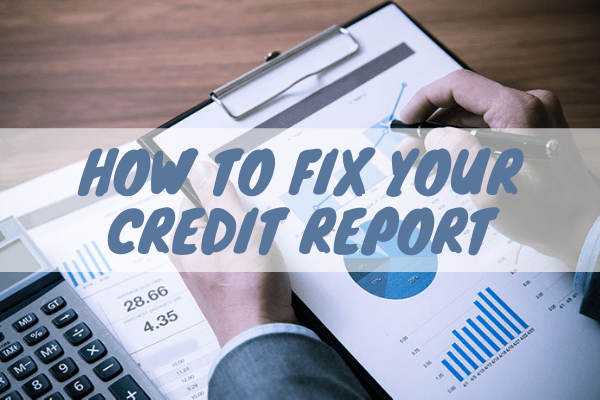When looking at a copy of your credit report, you will be able to view payment histories as submitted by each of your creditors, current and previous addresses along with any information included on public record. This may include civil judgments, bankruptcy or foreclosures, etc. If any of the information contained in your credit file is incorrect, you have the right to dispute that information directly with the credit bureau. At the time a dispute is submitted, the credit reporting agency will investigate and correct any errors that are made.
Additionally, if you are turned down for credit at any time, the creditor must provide you with a written reason for the decline. At that time, you may request a free copy of your credit report from the agency that provided the information to the creditor. By sending a copy of the denial letter to the credit reporting agency, they are then required to provide you with a copy of their entire file relating to you and your credit history.
It is recommended that consumers check their credit file every 6 months to ensure that information is accurate and to prevent or detect identity theft. If you notice an invalid address or credit line that you never applied for, this is an indication of possible identity theft and should be dealt with immediately by calling the credit bureau and having a fraud alert placed on your file. An informed consumer is a happy one.






